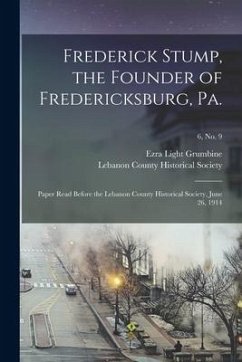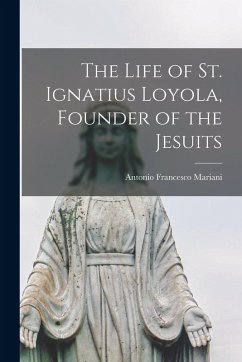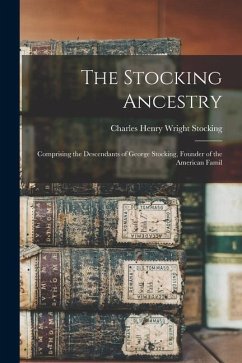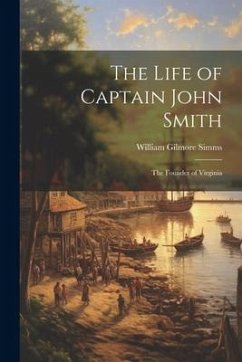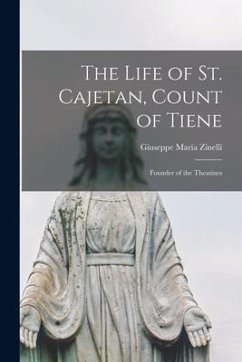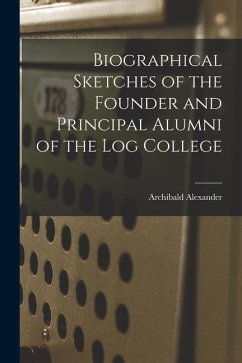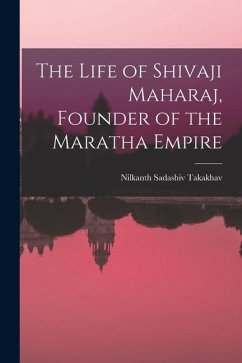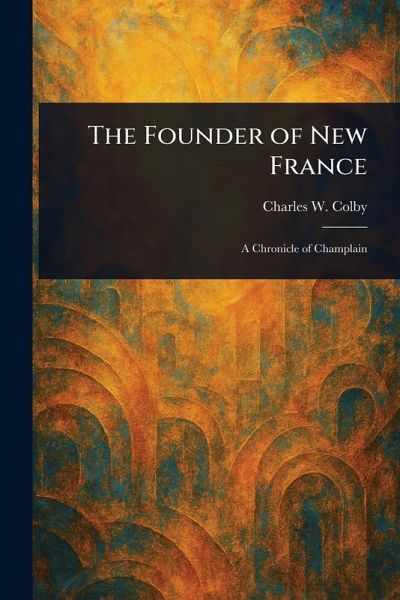
The Founder of New France

PAYBACK Punkte
9 °P sammeln!
"The Founder of New France: A Chronicle of Champlain" by Charles W. Colby offers a compelling biography of Samuel de Champlain, a pivotal figure in Canadian history. This meticulously researched account explores Champlain's life and legacy as a 17th-century explorer and the architect of New France. Colby delves into Champlain's daring expeditions and his crucial role in establishing early settlements. Readers will discover the challenges and triumphs of this extraordinary leader as he navigated the complexities of a new world. This book is an essential resource for anyone interested in Canadia...
"The Founder of New France: A Chronicle of Champlain" by Charles W. Colby offers a compelling biography of Samuel de Champlain, a pivotal figure in Canadian history. This meticulously researched account explores Champlain's life and legacy as a 17th-century explorer and the architect of New France. Colby delves into Champlain's daring expeditions and his crucial role in establishing early settlements. Readers will discover the challenges and triumphs of this extraordinary leader as he navigated the complexities of a new world. This book is an essential resource for anyone interested in Canadian history, the age of exploration, and the lives of those who shaped the North American continent. It provides insights into Champlain's character and the historical context in which he operated, ensuring its place as a significant work on a defining era. This work has been selected by scholars as being culturally important, and is part of the knowledge base of civilization as we know it. This work is in the public domain in the United States of America, and possibly other nations. Within the United States, you may freely copy and distribute this work, as no entity (individual or corporate) has a copyright on the body of the work. Scholars believe, and we concur, that this work is important enough to be preserved, reproduced, and made generally available to the public. We appreciate your support of the preservation process, and thank you for being an important part of keeping this knowledge alive and relevant.






